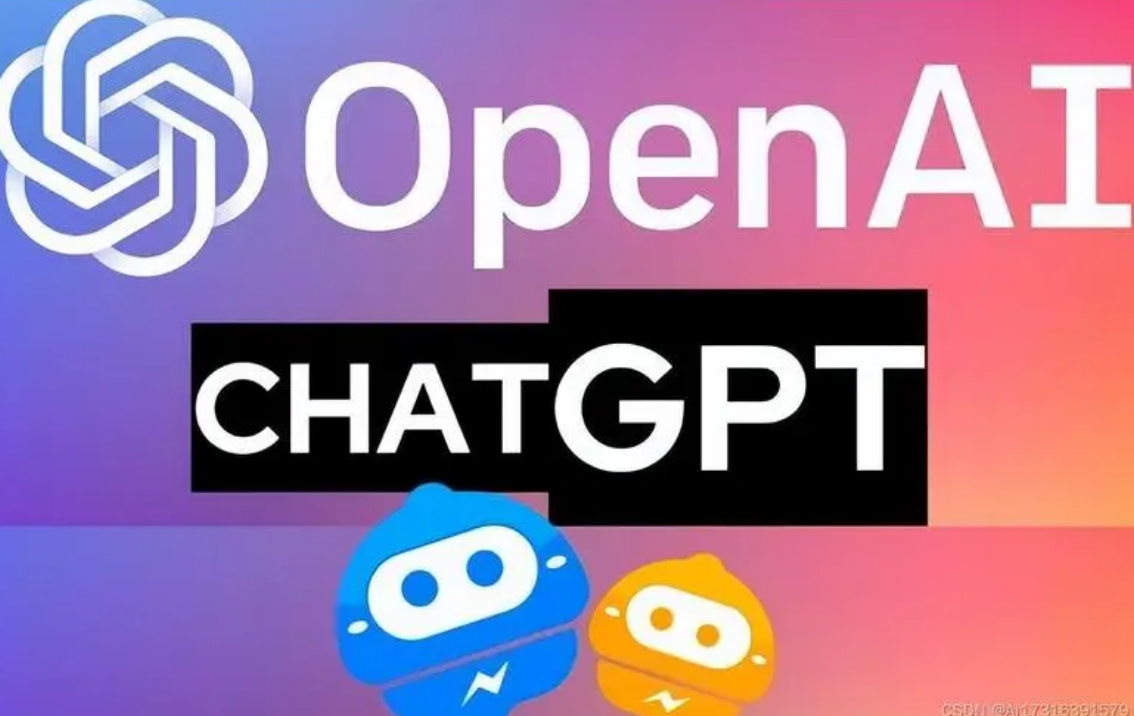Understand the Legal Terrain
Legal concerns surrounding the incorporation of AI in adult entertainment have largely not yet been addressed through regulation. However, the law in this area is increasingly complex because AI as a technology continues to evolve and provide it with unique challenges across all legal systems. Problems range from intellectual property rights to privacy and ethical standard compliance.
Intellectual Property and AI
Intellectual Property Rights is one of the main legal issues while using AI in porn industry. Authored UIThis often becomes very unclear with AI or GANs generated content, be it images/videos/interactive experiences. For example, who own the copyright if a video created by AI is copyrightholders of that video will it be programmer one using this ai or owning company(company has its codebase) which controls and use resources(i.e. run nn models to create videos) for execution of AI algorithms on data(like image in case of DALL-E or text like GPT-3 generation)? It still can lead us with bunch more new problems — but we should solve ones first… anyway! These questions have not been definitively resolved by the courts, but it appears that there is a consensus developing that AI created works may be excluded from copyright protection unless a human has contributed significantly to their production.
Privacy and Data Security
Privacy issues constitute another significant legal hurdle. AI systems, including those used on porn ai chat platforms, collect and process vast amounts of personal data to improve user interaction. These AI systems - the ones also used in porn video chat online websites are designed to gather and aggregate tons of personal data, learning more about who their users before they learn how to better interact with them. It also contains information about the personal preferences of users and their actions which can very sensitive data. Misusing that information would invite severe legal sanctions from the likes of GDPR in Europe, several state laws in America - most prominently CCPA (California Consumer Privacy Act).
Ethical, and informed consent
Using AI to create or edit adult media content also raises questions around consent. In some cases, legal action has been taken after people used others without permission. Additionally, the ability of AI to fabricate life-like people opens up a slew of ethical concerns that factor into legal liability if such content is not created or shared with clear permission requirements.

Regulatory Responses
As a result, governments and regulatory bodies are responding to these new challenges. In the States or in cities like NYC, laws are proposed with bills that explicitly allot for the prohibition of digitally replicating "someone" without their permission as seen here called The Deepfake Accountability Act. Europe: The European Union is contemplating similar measures, concentrating on strict AI legislation that says there should be transparency over how decisions are reached and what data they rely upon.
Future Legal Frameworks
Legal frameworks that would govern AI's use in porn are still largely unexplored. While AI technologies are more advanced and widely available than ever before, the need for laws that deal with the nuances of their usage has never been stronger. Working together, from lawmakers to tech companies and civil rights groups will help ensure the innovation of these technologies do not come at a cost to safety or individual liberties.
Key Takeaway
Without a doubt, as AI continues to drive innovation and novelty in the pornographic realms of technology law will need to evolve just like any other industry rife with emerging technologies so that it can accommodate these complex legal risks by drafting proactive yet informed regulation. As this field continues to advance, maintaining focus on the legal concerns that accompany it will be necessary for both porn companies and creators themselves; if progress comes at a cost of rights or morality.